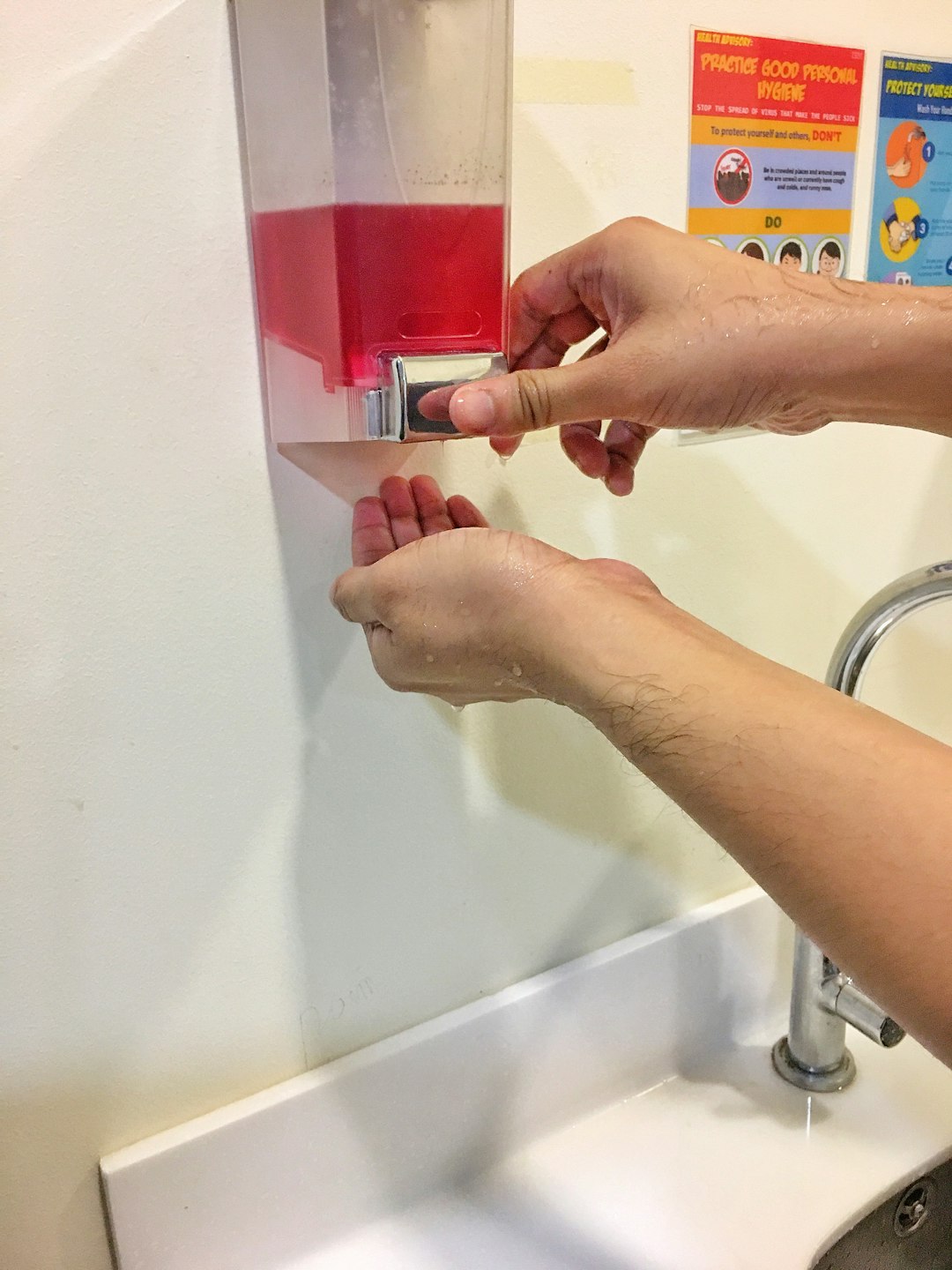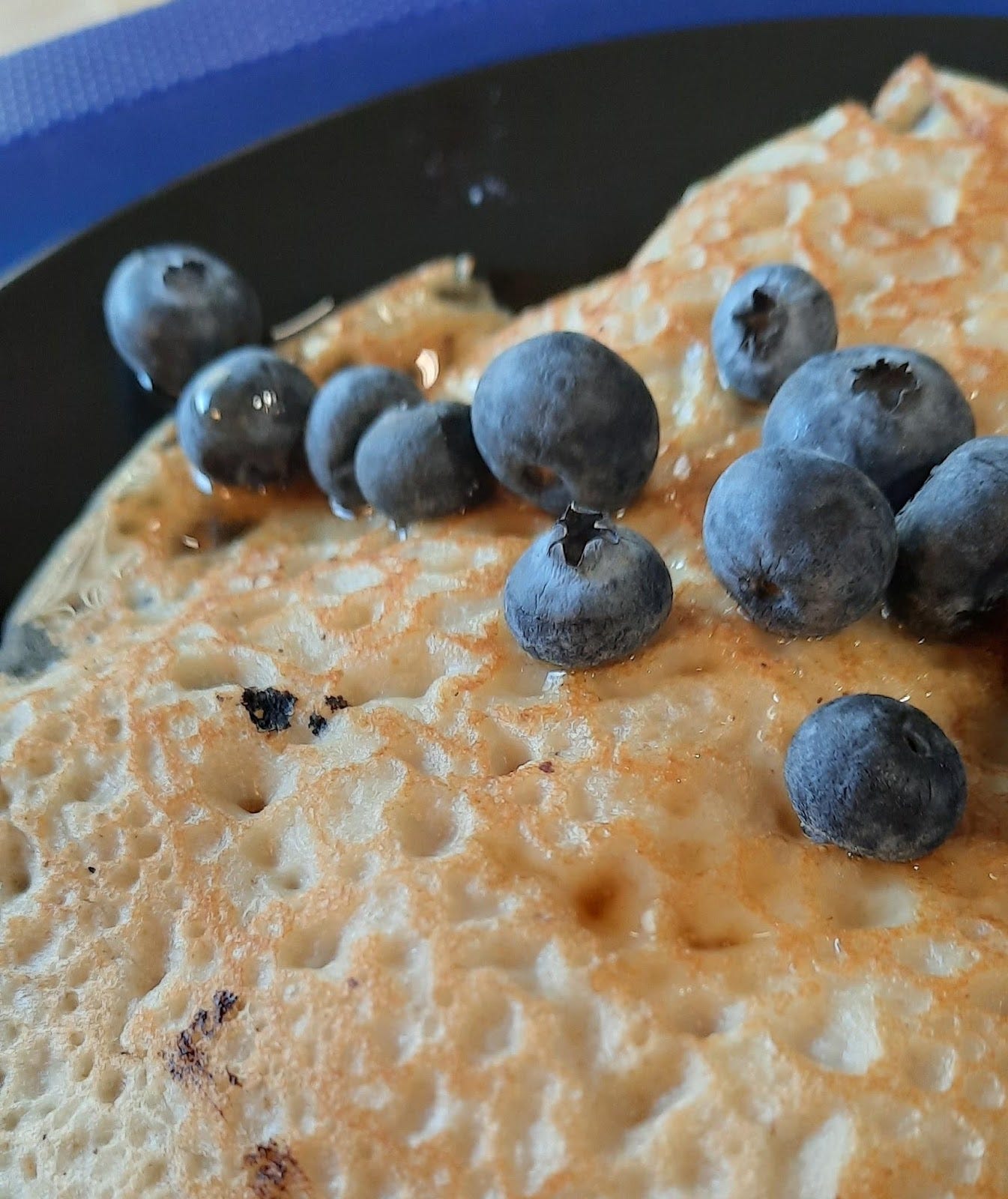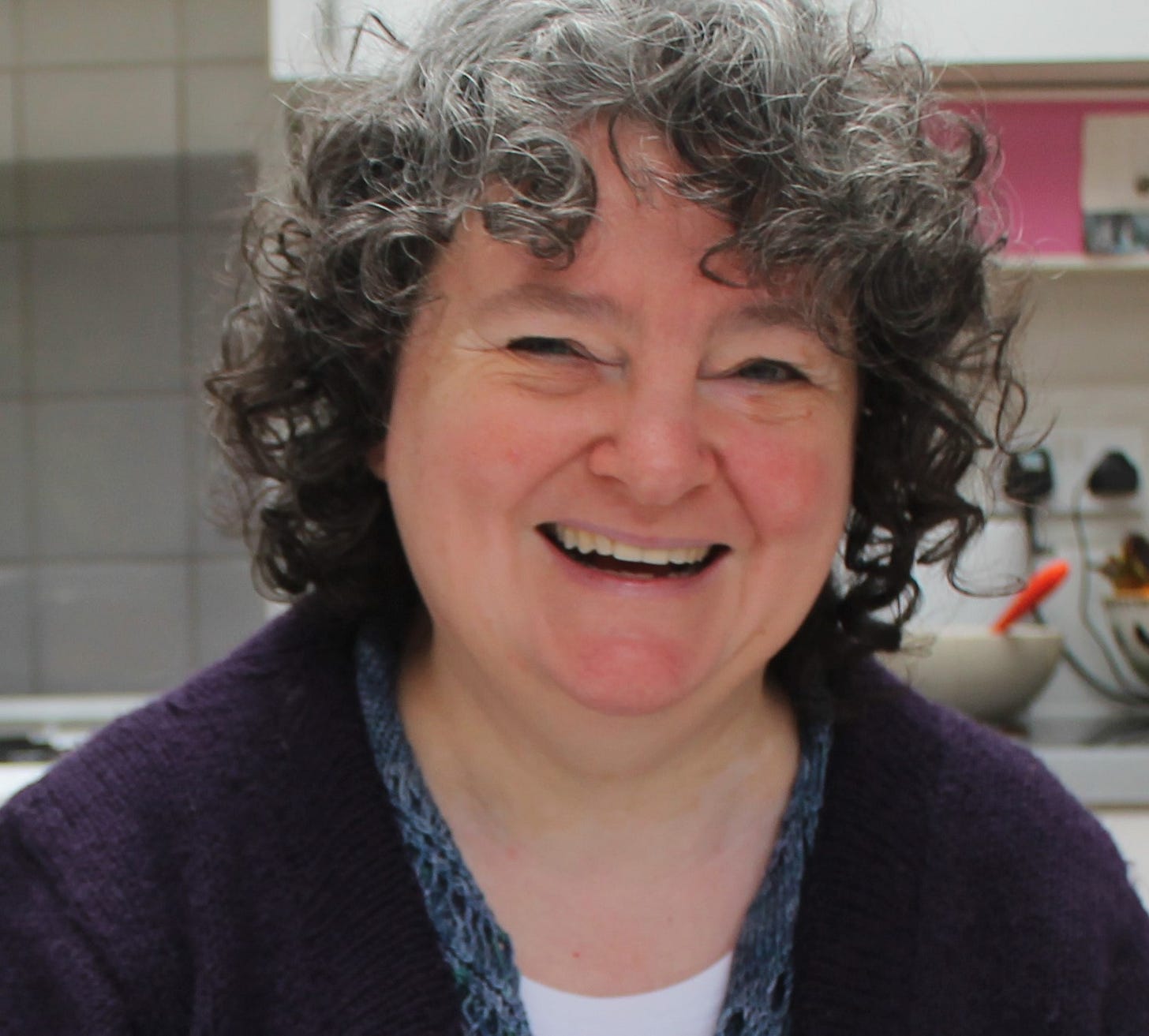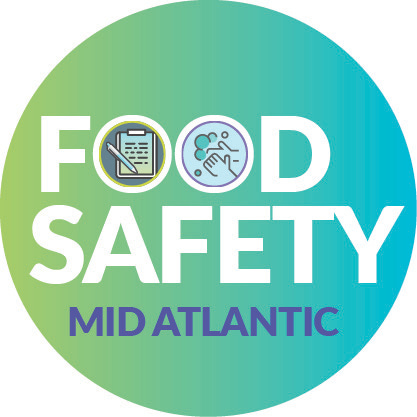Planning Requires Intention
A word not on my vision board for 2023 is Intention. I want to be more deliberate about my actions rather than do without thinking, which is my most common way of acting. When I do without thinking I often end up disappointed because of unstated intentions and desires.
For example, I go to a meeting which goes well and yet I am frustrated because I hadn’t acknowledged that I wanted to get agreement on a project. Thus, I am disappointed that the project isn’t even discussed.
Intention seems to overlap in meaning with aim, goal and purpose. I tend to think of it as their softer cousin. I’m still playing with how I want my intentions to be. I don’t want them to be rigid, like an agenda for a meeting and I want them to be stronger than wishes. Most importantly, I want them to be clearly stated out loud, or in my journal, before an important event. Eventually I hope to be more deliberate about most of my actions.
Intentionality is important for food safety. We can’t just make a product, package and ship it, and assume that is it safe to eat. Part of our responsibility is to put processes in place to ensure that there are no biological, physical and chemical hazards, that the packaging protects the food, that the food keeps its quality before being sold and eaten.
We show our action is intentional by writing Standard Operating Procedures and by monitoring Preventive Controls and Critical Control Points. Thus, every time we make our food product, we know who supplied the ingredients, what quantities were batched and mixed, what pH we adjusted for, or how long we heated at what temperature. We keep these records to show that we were deliberate and caring about making our food products.
Food safety regulations and audit guidelines are designed to make sure we make food intentionally, that we understand the dangers of not following safety advice, and that our facilities are clean and sanitized.
Approximately 61% of foodborne outbreaks in the United States are traced to food handler behavior. Frustratingly there is little or no relationship between food safety knowledge and behavior. For example, people with vast amounts of food safety knowledge, still do not wash their hands after visiting the restroom.

We know, from psychological research, that if we want to change, we often need to change our environment. James Clear writes about this in Atomic Habits. If we want to eat more fruit, have fruit handy. It may help to have prepared that fruit so it is easy to eat. If I chop up watermelons and pineapple immediately, I am more likely to eat them. The effort of preparing them otherwise is too much and I eat something else, usually chocolate.
This is also true for food. Make washing hands, easy to do so. I often encourage my clients who are remodeling their facilities to put a handwash sink by the entry door. In some large manufacturing facilities, you cannot enter the processing floor without washing your hands.
New habits must start small. We know, already, from our failures to carry out our New Year Resolutions, that a grandiose gesture is not sustainable. I can walk 10 miles, for a day and the next day I probably won’t want to move at all. However, I’ve been walking 2 miles most days for most of 2022, so increasing that to 2.1 mile isn’t too challenging. Just a few extra steps.
Accepting intentions are not possible is also important. Walking 10 miles every day would take too much time. Similarly, we might not be able to make an extra batch of cookies without hiring a new employee.
Give yourself and your co-workers time to learn new techniques and habits. When I was a PhD student, learning new lab techniques, I worked out that it took me six weeks to go from my first clumsy attempt, to being able to do the technique automatically. This is true of other mechanical tasks. For example, learning to spindle spin took me the same time to feel comfortable with my spindle.
Positive reinforcement helps. Congratulate and celebrate successes and don’t beat yourself up for failures - learn from them instead.
To recap: state your intention, make changes small and easy, keep practicing, and celebrate successes.
I hope this helps you plan for the future.
Share your next step in the comments.
Who Writes Food Crumbs?
Cathy Davies runs a food safety consultancy, Food Safety Mid Atlantic, supporting specialty food businesses with their food safety plans and programs. If you are interested in learning more about my consulting services, please schedule a free call.
Please subscribe to Food Crumbs today, if you haven’t already.







